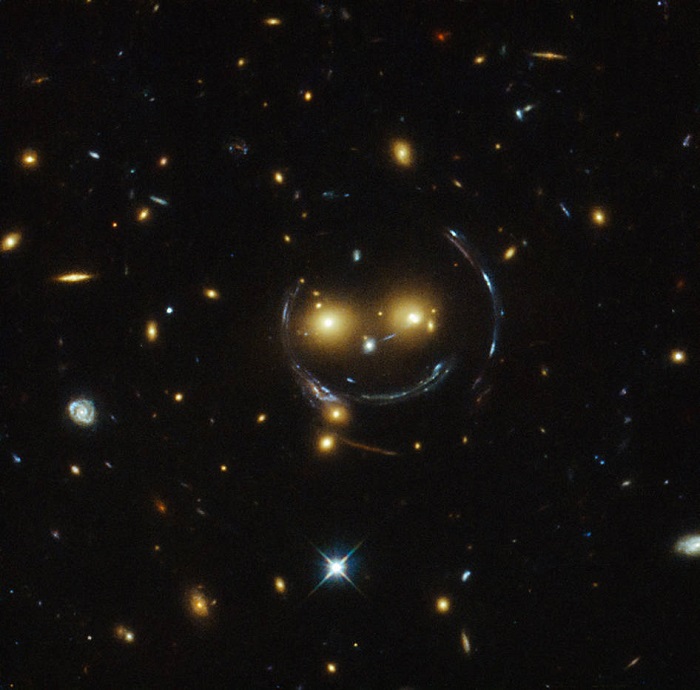FWP:
SETS
PROPORTIONALITY: {6,4}
SMILE/LAUGHTER: {27,4}
For background see S. R. Faruqi's choices. For more on Ghalib's unpublished verses, see the discussion in {4,8x}.
On the possibilities of the idiomatic do-jahāñ construction, see {18,2}. As Gyan Chand observes, it's obviously tempting to consider the two parallel clauses in the first line to represent the two worlds of the second line. Then he somehow manages to reach a final moralistic conclusion that all this is really nothing but warning or admonition: yaʿnī ʿibrat hī ʿibrat . But this is clearly in violation of the verse's own logic.
For the first line begins by setting up a moralistic view of life, and then juxtaposes it in a grammatically and semantically parallel way to the pursuit of worldly pleasures. This carefully balanced structure is just what invites us to consider, in the second line, that these alternatives may well represent the 'two worlds'-- the 'two worlds' that have exactly the 'extensiveness' of the 'expanse' of a laugh/smile (see the definitions above). Moreover, the 'two worlds' can even be imagined as the two lips that together can form a smile, as in {4,10x}.
In addition to creating an enjoyable wordplay (which is reinforced by the 'spread' in the first line), the emphasis on spaciousness surely invites our attention not only to the brevity of the laugh/smile that Gyan Chand insists on, but also to its breadth and duration. After all, the ghazal world isn't exactly a stranger to astonishing micro- and macro-conflations: see {152,2} for a fine example.
Perhaps the absurdity of the two worlds (and/or the idea of having to choose between them) provokes a smile/laugh as wide and enduring as the universe itself? Or perhaps humans are directly involved in shaping their own worlds, as in Edna St. Vincent Millay's famous poem 'Renascence':
The world stands out on either side
No wider than the heart is wide;
Above the world is stretched the sky,
No higher than the soul is high.
In her lines, the size of the world is dependent very explicitly (too explicitly in fact for any real poetic subtlety) on the activity of the human heart and soul. Similarly, in the present verse, not only the extent of the two worlds and the smile/laugh (exceedingly small and brief, or mysteriously wide and enduring?), but also the direction of causality (do the two worlds evoke the smile/laugh, or does the smile/laugh evoke the two worlds?), are left for the reader to decide.


Asi:
The situation is that the imprints of warning are in view, and the coin of sociability is on the table. So to speak, the breadth of two worlds is in proportion to the scope of a single smile/laugh.
== Asi, p. 262